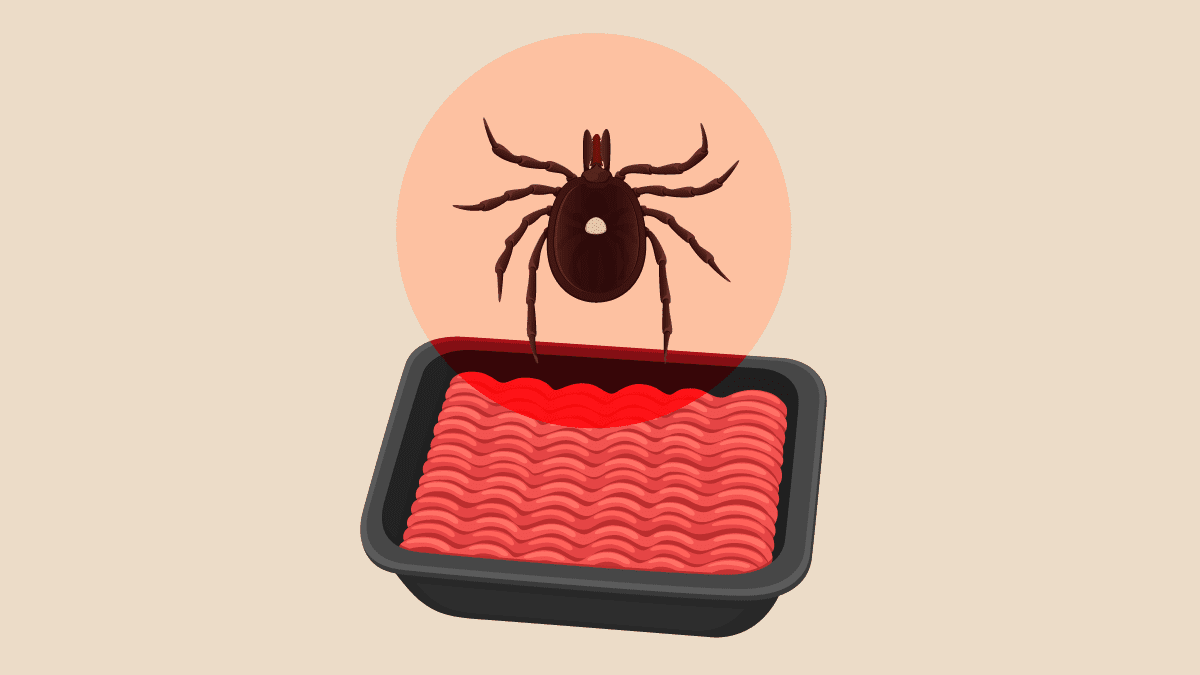
Recent research has found that people experiencing an allergic reaction to alpha gal often experience gastrointestinal (GI) symptoms, such as abdominal pain, diarrhea, and vomiting. In some cases, these may be the only symptoms, and a recent communication from the American Gastroenterological Association cautions that some people with an alpha-gal allergy may initially be misdiagnosed with irritable bowel syndrome or another GI illness.
Hives and itching also appear to be a common symptom of this allergy.
In some people, alpha-gal allergy—like many other allergies—can cause anaphylaxis, a serious and potentially deadly allergic reaction. Early signs of anaphylaxis may include a metallic taste, burning, tingling, or itching of the tongue or mouth, headache, and feelings of fear or confusion. A reaction can progress quickly, and severe symptoms include throat swelling, difficulty breathing, vomiting, diarrhea, and more.
If you think you may be experiencing anaphylaxis, even if you’ve never had an allergic reaction before, you should call 911. (If you know you have an allergy to food, and you experience symptoms of anaphylaxis, especially trouble breathing, wheezing, or throat swelling, you should use an epinephrine auto-injector if you have one.)
When the reaction is under control, talk to your doctor about whether red meat could have been the cause of your symptoms, since some doctors may not be aware of the alpha-gal allergy, suggests Princess Ogbogu, MD, director of the division of pediatric allergy, immunology, and rheumatology at University Hospitals Rainbow Babies & Children’s in Ohio.
There’s no cure for red meat allergy, so if you’re diagnosed, you’ll need to avoid the foods or medications, if applicable, that trigger a reaction.
In some cases, Lieberman says, if people who’ve developed alpha-gal allergies avoid all future tick bites from lone star ticks (as well as the ticks that cause the allergy in other countries), their levels of the antibodies to alpha-gal may diminish, and the allergy could subside. It’s unknown how common this is, however.









